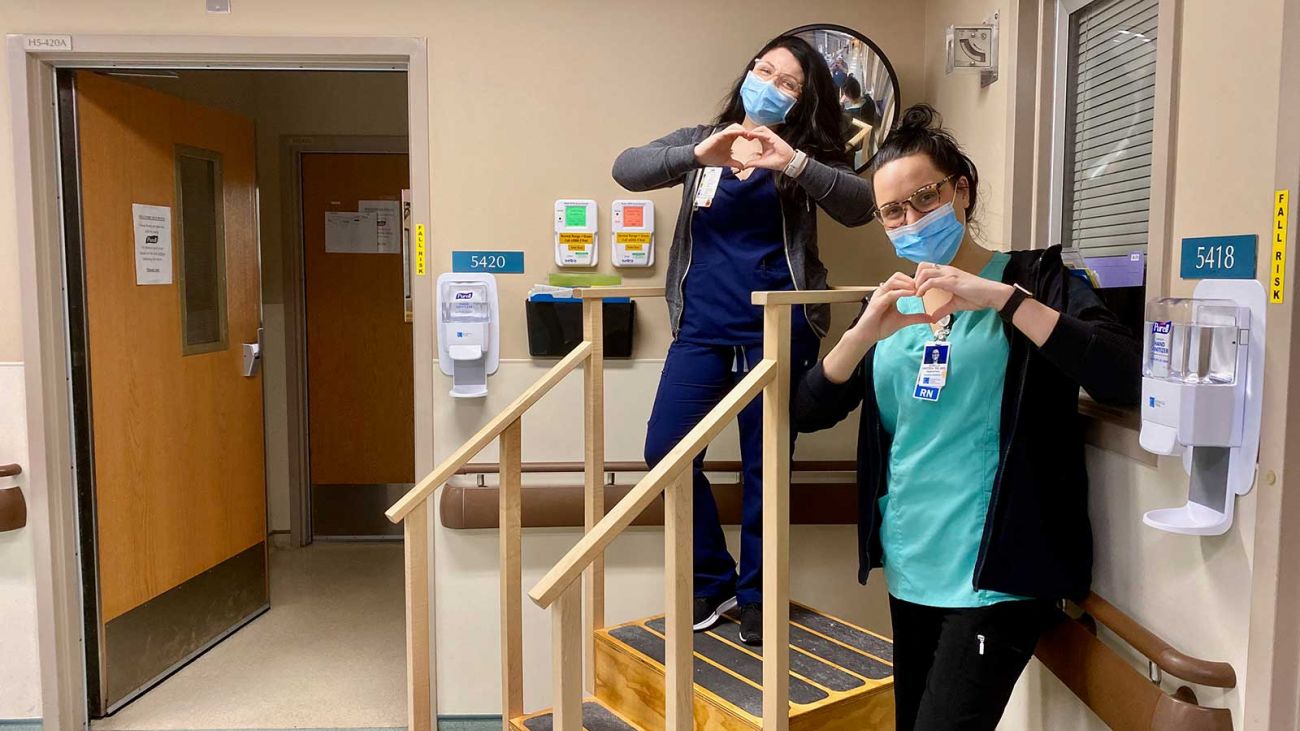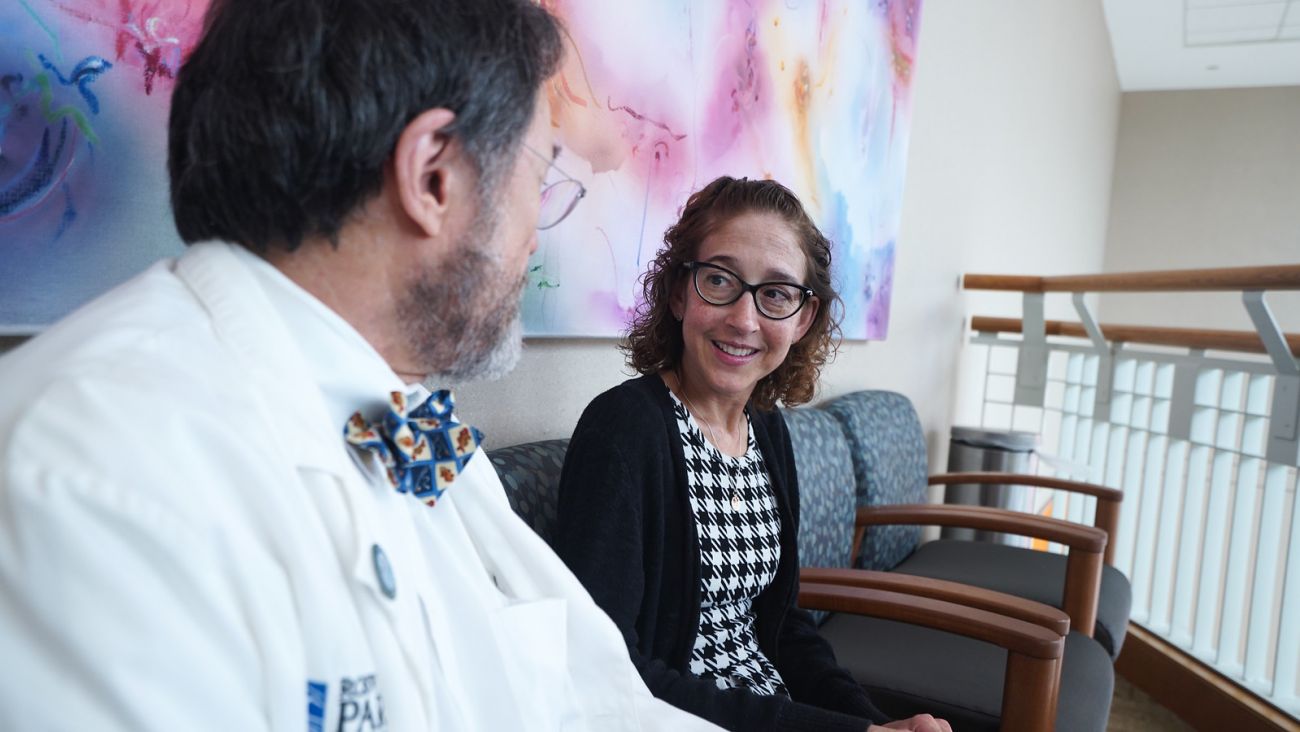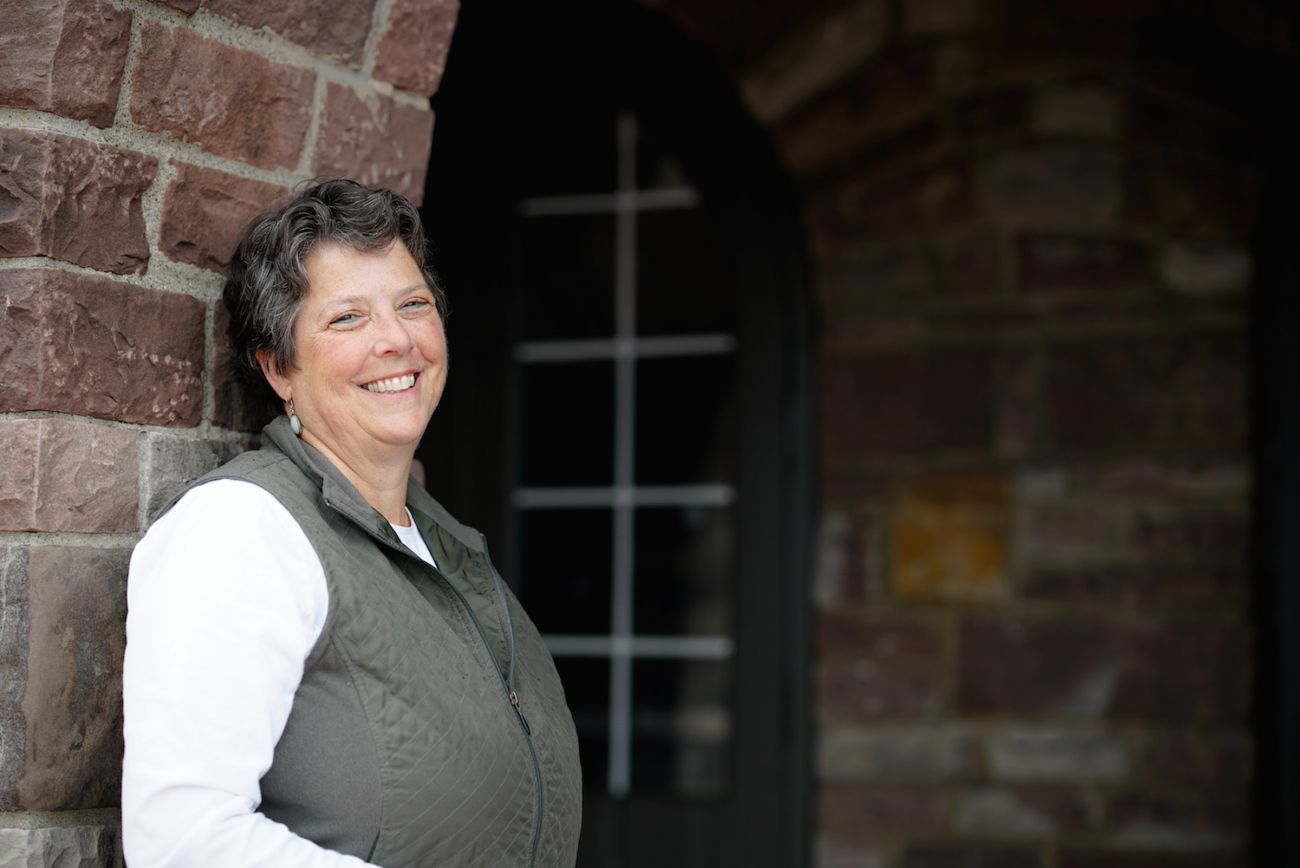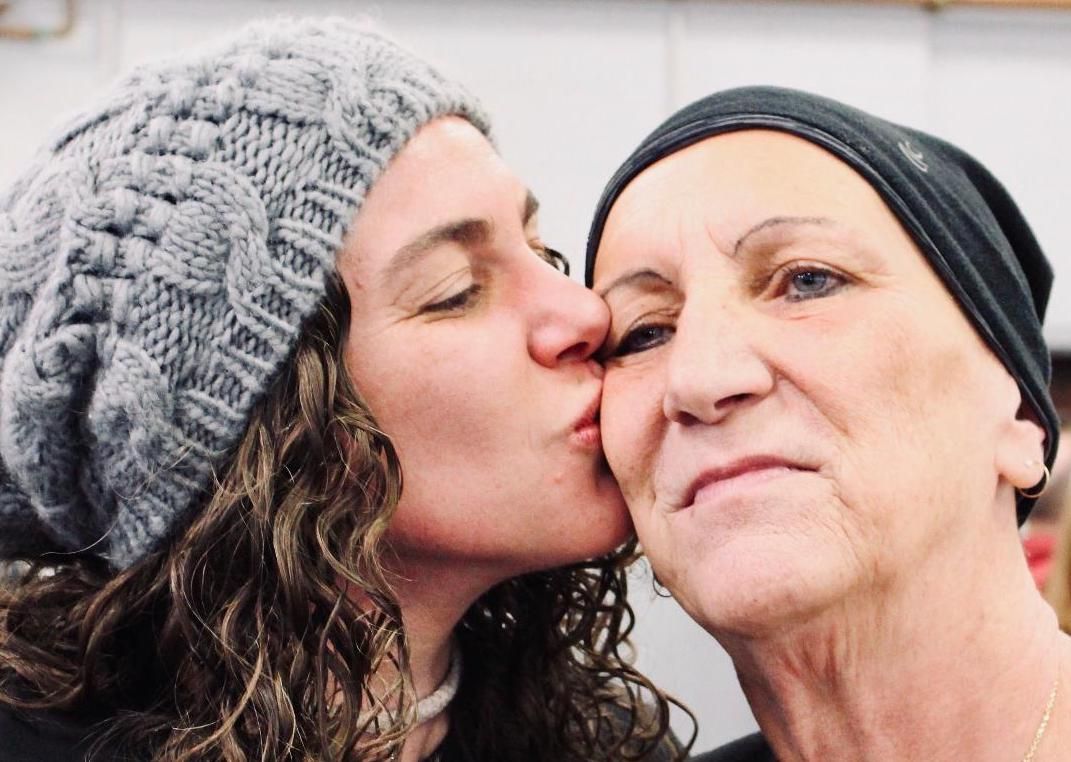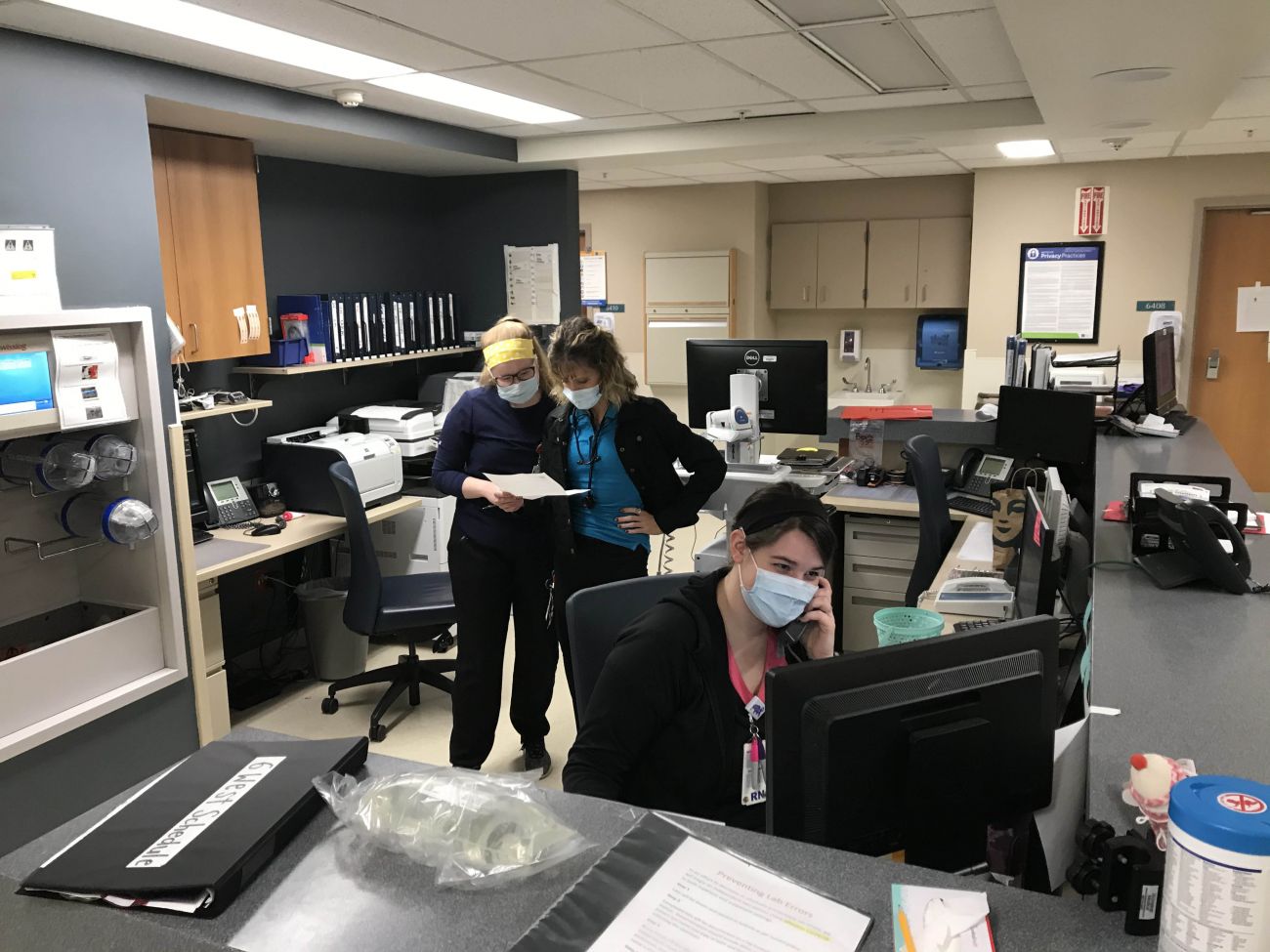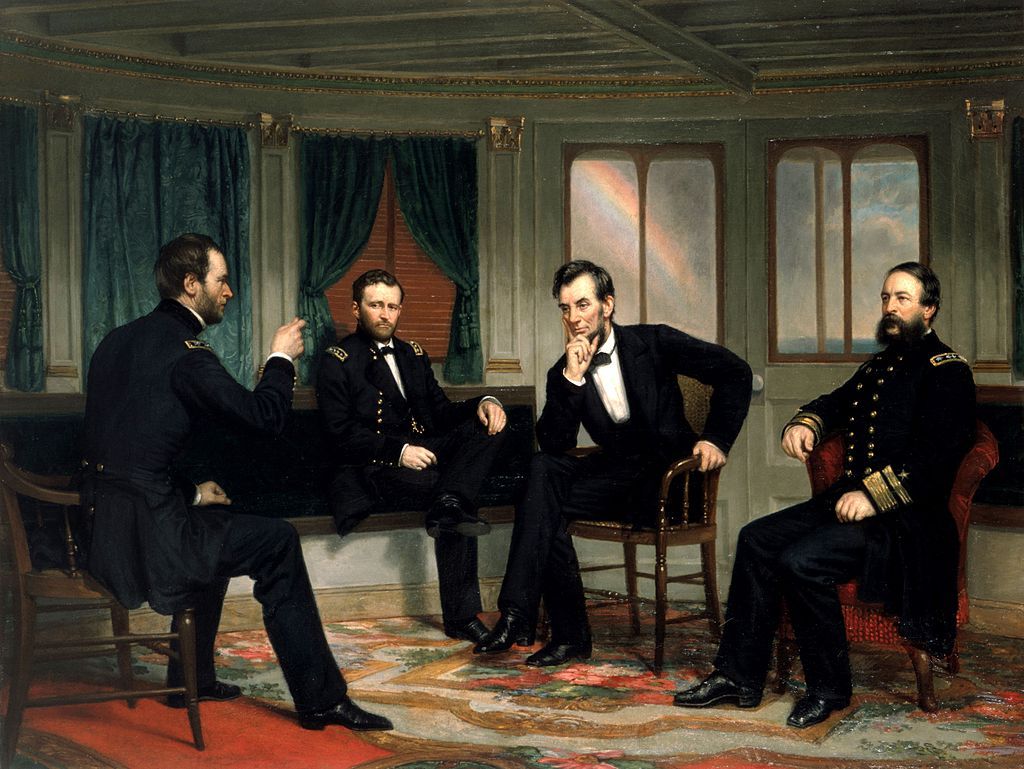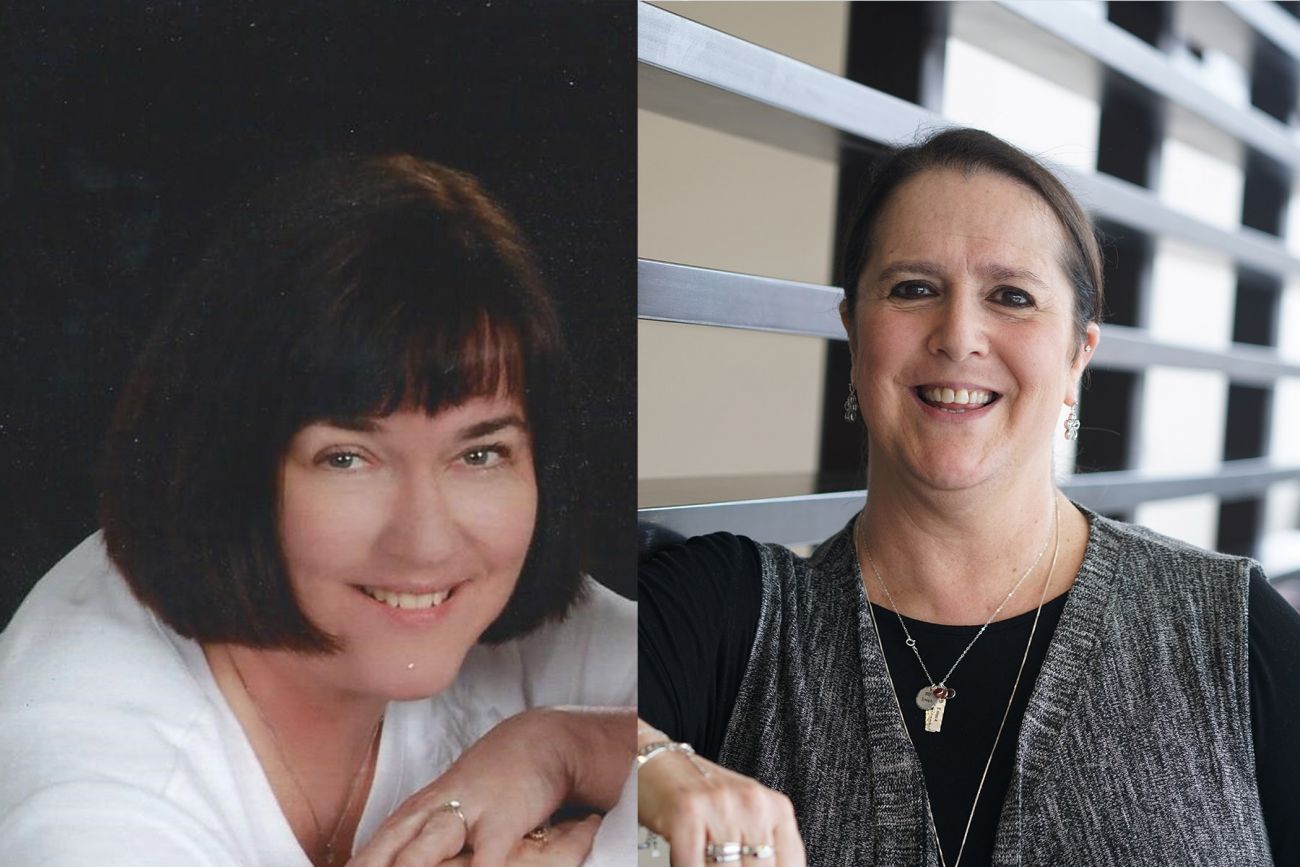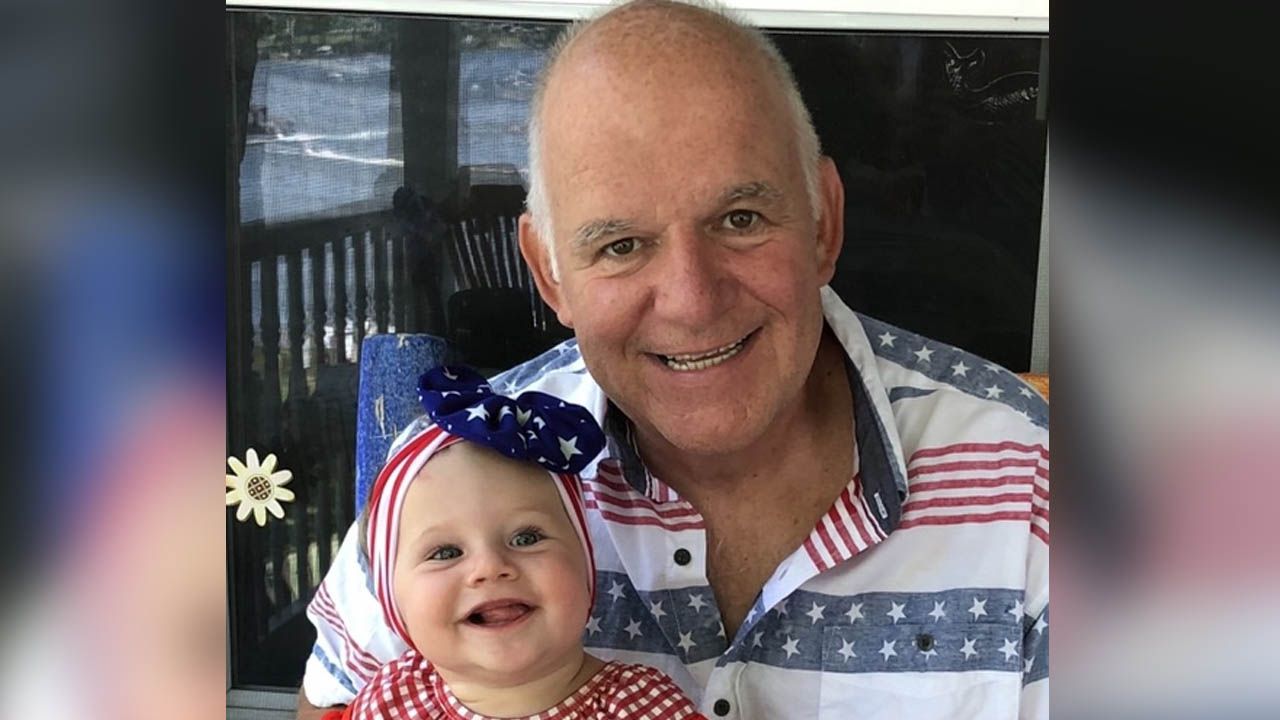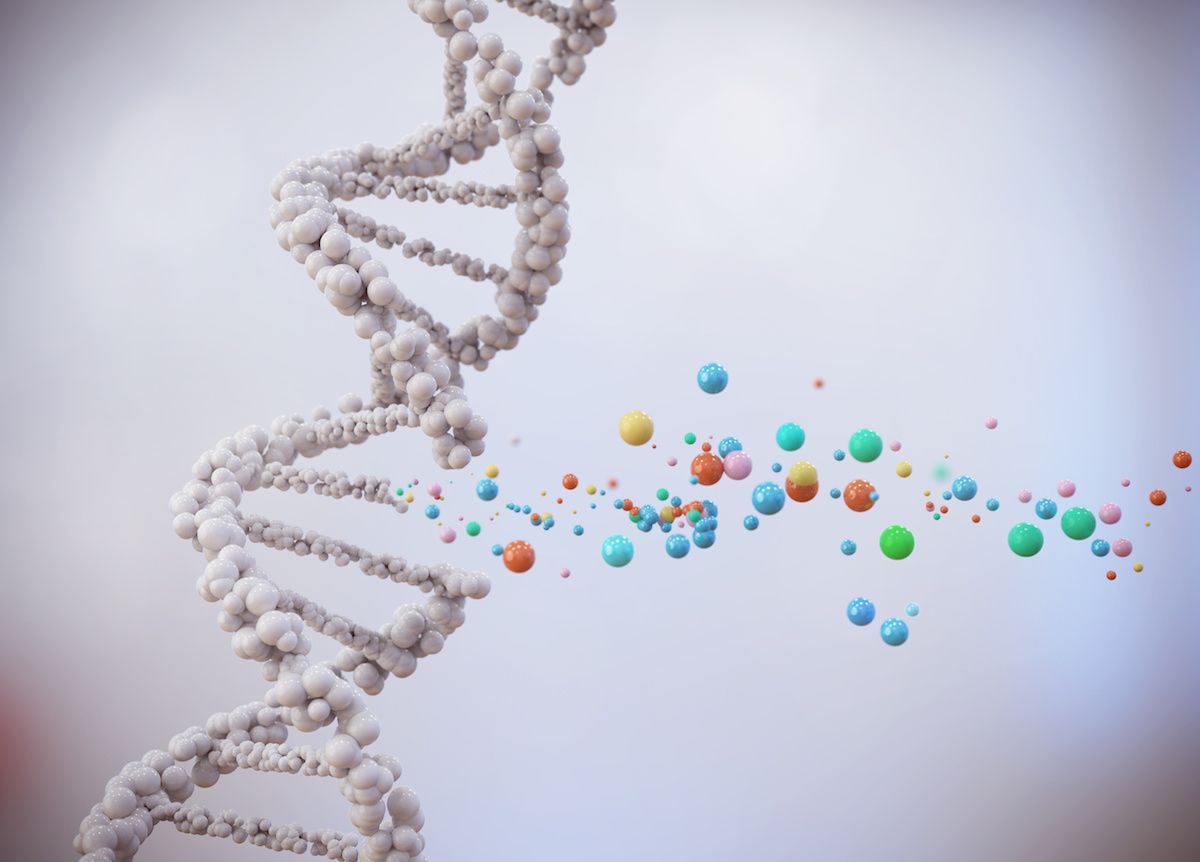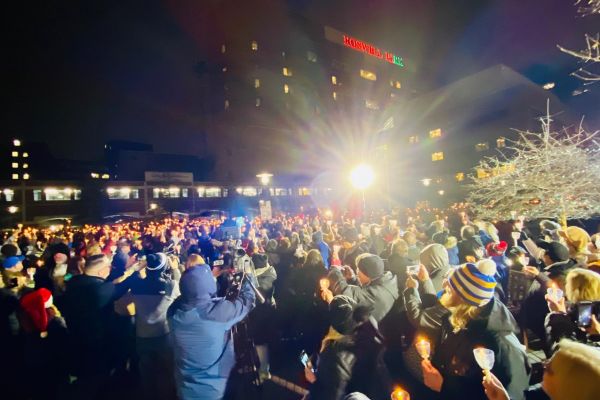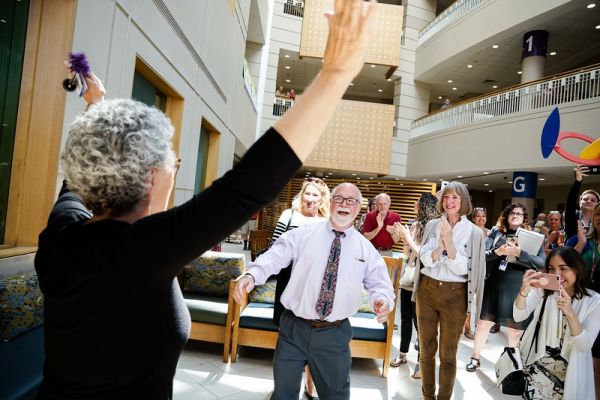We all know that 2020 was a year like no other. The COVID-19 pandemic impacted so many aspects of our day-to-day lives. It's hard to find something the pandemic didn't affect, from social distancing to remote learning and dining out. While so much of the world's attention turned to fighting this terrible virus, sadly, many families were still facing the difficult challenge of a cancer diagnosis and treatment. At Roswell Park Comprehensive Cancer Center, we worked diligently to provide a safe environment for our patients, their families and our staff while still delivering the same level of quality cancer care.
During it all, here on the Cancer Talk Blog, our doctors and specialists shared advice for dealing with the pandemic as a cancer survivor, preventive tips for living healthy, cancer-free lifestyles and practical tips for those living with and after cancer, as we continued to be captivated by the inspiring stories of our patients and survivors.
We thank you for reading and hope you enjoyed our blog throughout the year. We're recapping our most viewed and favorite blog posts from 2020 (below) to make sure you didn't miss some of our most popular reads! We look forward to all that 2021 brings as Roswell Park continues its mission to unleash the healing power of hope.
Never miss another Cancer Talk blog!
Sign up to receive our weekly Cancer Talk e-newsletter.
Sign up!1. Rachel's Story: How Donor Giving Made Her Bone Marrow Transplant Possible
January 3, 2020
Only when her doctors told her she was going to die without one did Rachel understand how critical a bone marrow transplant was.
Just two months before hearing these words, the RN had rarely been sick a day in her life.
2. Physical distancing in a pandemic: A plea from a cancer survivor
April 10, 2020
"Nearly five years ago, out of nowhere, I was diagnosed with ovarian cancer, and my illusion of good health was instantly shattered. Even though I knew I was receiving excellent care at Roswell Park, still I was afraid.
Four years later, I am cancer-free. But now, in the midst of the global COVID-19 pandemic, again, I am afraid. This time, it is much bigger than just me."
3. A mother and daughter’s journey with BRCA2 gene mutations
October 5, 2020
Angela Eschrich, 64, and her daughter, Ashley, 36, have a lot in common. They both have boundless energy, stunning blue eyes, incredible courage and optimism, and — unbeknownst to them until two years ago — a BRCA2 gene mutation that greatly increases their risk of getting cancer, including ovarian cancer and breast cancer. That risk became reality for Angela in early 2019 when she was diagnosed with Stage 4 ovarian cancer. Now Angela and her daughter are working with doctors and genetic counselors in Roswell Park’s High-Risk Ovarian Cancer Clinic to prevent the same thing from happening to Ashley.
4. On the Front Lines: 6 West
July 8, 2020
The nurses on 6 West, like other floors, are used to working long hours. They are, after all, an inpatient unit that operates 24 hours a day, seven days a week, to care for patients who have lymphoma and solid tumors. For them, the past several months have mostly been business as usual, except for one aspect: no visitors were allowed on inpatient floors for the first two months. This absence of family members was very difficult on patients and nurses alike.
5. Which U.S. Presidents Had Cancer? A Snapshot
February 18, 2020
Several of our past presidents had cancer. Due to the stigma of a cancer diagnosis at the time, two succeeded in keeping their diagnoses secret — at least during their terms in office.
6. How Can I Support My Friend Who Was Just Diagnosed with Breast Cancer?
October 15, 2020
No one expects to get cancer. No one expects to get the news that a close friend has been diagnosed with cancer, either. But when someone you love says they’ve got breast cancer, what do you do? What should you do? Joan Lewis and Sara Sade, cancer survivors who now work in the Resource Center for Patients and Families at Roswell Park Comprehensive Cancer Center, have some answers for you.
7. Using Social Media to Provide Black Mothers with Breastfeeding Information
August 28, 2020
What is the best way to get critical medical and health information to those who need it?
Reach people where they are. For many young women, that means on social media and smartphones.
A group of doctors and public health experts at Roswell Park Comprehensive Cancer Center recently conducted a pilot study that examined the effectiveness of using social media — Facebook in particular — and e-blasts to relay information on breastfeeding to Black women.
8. Gastroesophageal junction cancer: Doug's story
November 19, 2020
“There is so much available treatment out there; you have to find the options and place that's right for you. I immediately wanted a second opinion, and that's why I called Roswell Park Comprehensive Cancer Center. They were very accommodating and got me in very quickly. Nine days later, I was at Roswell Park having a CT scan, and a few days after that, I met with the GI oncology department to discuss my options."
9. What Do Brain Tumor Headaches Feel Like?
May 20, 2020
Headaches are a very common ailment that most of the time are not a sign of something more serious. A lack of sleep, loud noise, brightness, even changing weather can cause a headache that, for the most part, can be cured with some rest or over-the-counter medicine. While this is true for the vast majority of headaches, they can sometimes be a symptom of a dangerous underlying problem like a brain tumor.
10. What's New in Pancreatic Cancer Research?
November 4, 2020
There’s no question that pancreatic cancer is a challenging disease to treat. National statistics reveal several hard truths: Survival rates remain unacceptably poor. Few cases are diagnosed at early stages, and even among those, pancreatic cancer tends to resist standard treatments like chemotherapy and radiation. Therefore, research on pancreatic cancer remains a top priority worldwide and continues to improve our understanding of the disease as well as provide new, emerging options to treat it.
Honorable Mention
We couldn't just pick 10! Here are a few more of our favorites from this year:
Three cancers by age 36: Kara’s story
Will Using Hair Dye Increase the Risk of Breast Cancer?
Can Dogs Smell Cancer?
Can Tattoos Increase the Risk of Skin Cancer?
Editor’s Note: Cancer patient outcomes and experiences may vary, even for those with the same type of cancer. An individual patient’s story should not be used as a prediction of how another patient will respond to treatment. Roswell Park is transparent about the survival rates of our patients as compared to national standards, and provides this information, when available, within the cancer type sections of this website.
